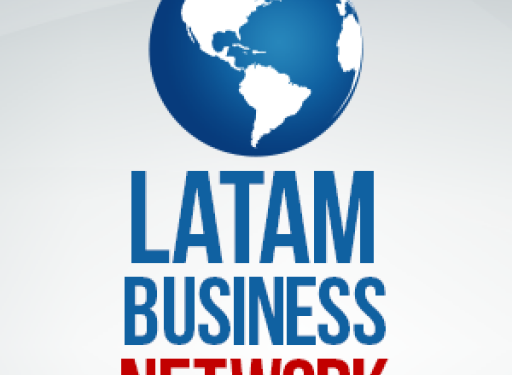Latin America at a glance
In this section we provide you a wide overview of Latin American Economy, Politics and Business Opportunities in 2 minutes.
Argentina
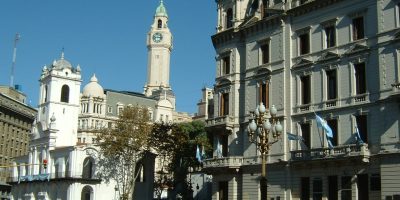
Nov. 30, 2016. Argentina’s government initiated a law to regulate public-private partnership (PPP). Covering contracts between the public and private sectors. The law was passed by decree 1203/2016, signed by President Mauricio Macri and chief of staff Marcos Peña, and was published in the official government gazette. the PPP law comes at a strategically important time, bearing in mind that, in September, Argentina presented the transport infraestructure plan worth about US$35bn, considered by authorities to be the most challenging in the country’s history. Source BNamericas
Brazil

Nov, 30, 2016. Brazilian legislators held a marathon session with the result: legislation that could significantly erode the authority of prosecutors and judges who are investigating politicians in corruption cases. The vote reflects how Brazil’s political class is growing increasingly fearful as huge graft inquiries advance, including the investigation into a sweeping bribery scheme at the national oil company, Petrobras. Just last week, legislators tried to rewrite the same bill to grant amnesty to themselves and others ensnared in corruption cases involving political campaigns, provoking a widespread outcry. Source: The NY times
Chile
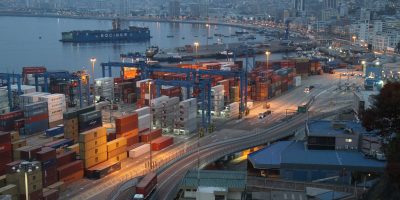
February 8, 2017 a US$1.5bn tunnel tender that will be financed with a loan from the Inter-American Development Bank (IDB) is foreseen. The binnational tunnel “Agua Negra” between Argentina’s San Juan province and Chile’s Coquimbo region (IV) will include two one-way tunnels measuring 13.9km in length. The entrances of the Chilean and Argentine sides of the tunnel will be at 3,600 and 4,100 meters above sea level, respectively. Works are expected to begin in 2018 and are expected to take nine years. Source BNamericas
Cuba
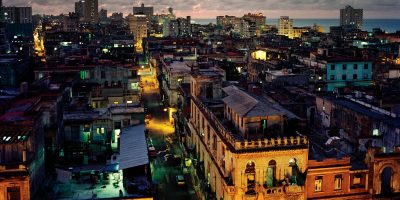
- Nov. 26, 2016. Cuba’s communist former dictator Fidel Castro died at the age of 90. Thousands of Cubans are paying their respects to the leader of the Cuban revolution.
- The ashes of Fidel Castro will begin a 1,000km-long journey to Santiago de Cuba, retracing the route Castro took during the Cuban revolution, only in reverse.
- “If Cuba is unwilling to make a better deal for the Cuban people, the Cuban/American people and the U.S. as a whole, I will terminate the deal,” Trump tweeted.
- Take a look of the economist obituary here
Colombia

- NOV. 30, 2016. Colombia’s Congress Approves Peace Accord With FARC (Revolutionary Armed Forces of Colombia). Colombia’s Congress approved a revised peace accord, that was rejected in a referendum last Oct 2.
- Nov. 28, 2016. A plane carrying 81 people, including members from Brazil’s Chapecoense football team, has crashed in Colombia. There were 72 passengers and nine crew on board. Some people are reported to have survived. The team was scheduled to play a Copa Sudamericana finals match against Atlético Nacional in Medellin on Wednesday.
- Colombian officials said the charter flight started its journey in São Paulo, Brazil; on Monday afternoon and stopped over in Bolivia before heading for the Colombian city of Medellín. The plane crashed in a wooded, mountainous area outside Medellín, where heavy rain, fog and darkness hampered rescue efforts.
- Alfredo Bocanegra, the head of Colombia’s civil aviation agency, said that communication with Bolivian aviation officials suggested the plane was experiencing electrical problems. However, he added that investigators would have to evaluate reported testimony from a female flight attendant who said the plane had run out of fuel.
Haiti
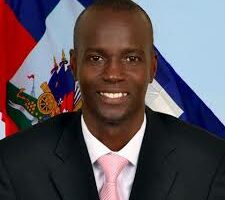
Nov. 29. Jovenel Moïse, 48, is the Elected President of Haiti. He won the presidential elections this week, after a nearly two-year electoral process. He received 55 percent of the vote in a field of 27 candidates, Haiti’s electoral council said on Monday night. But three of his opponents are vowing to contest the results, which will not be verified until late December. Source: The New York Times
- Nov. 29, 2016. Mexico won’t pay for building a wall along the U.S. border, nor negotiate anything about it, said Mexico’s Foreign Secretary Claudia Ruiz Massieu.
- One-third of the 2,000-mile U.S. southern border already has a fence or a wall. The two countries can work together on securing the border using technology and agency cooperation, said Massieu. But “we’re not going to be negotiating anything regarding the wall.” “Mexico will never consider paying for a wall that puts barriers between our two countries.” During an interview with Nick Schifrin, PBS NewsHour. Look interview video above
This can be your logo
